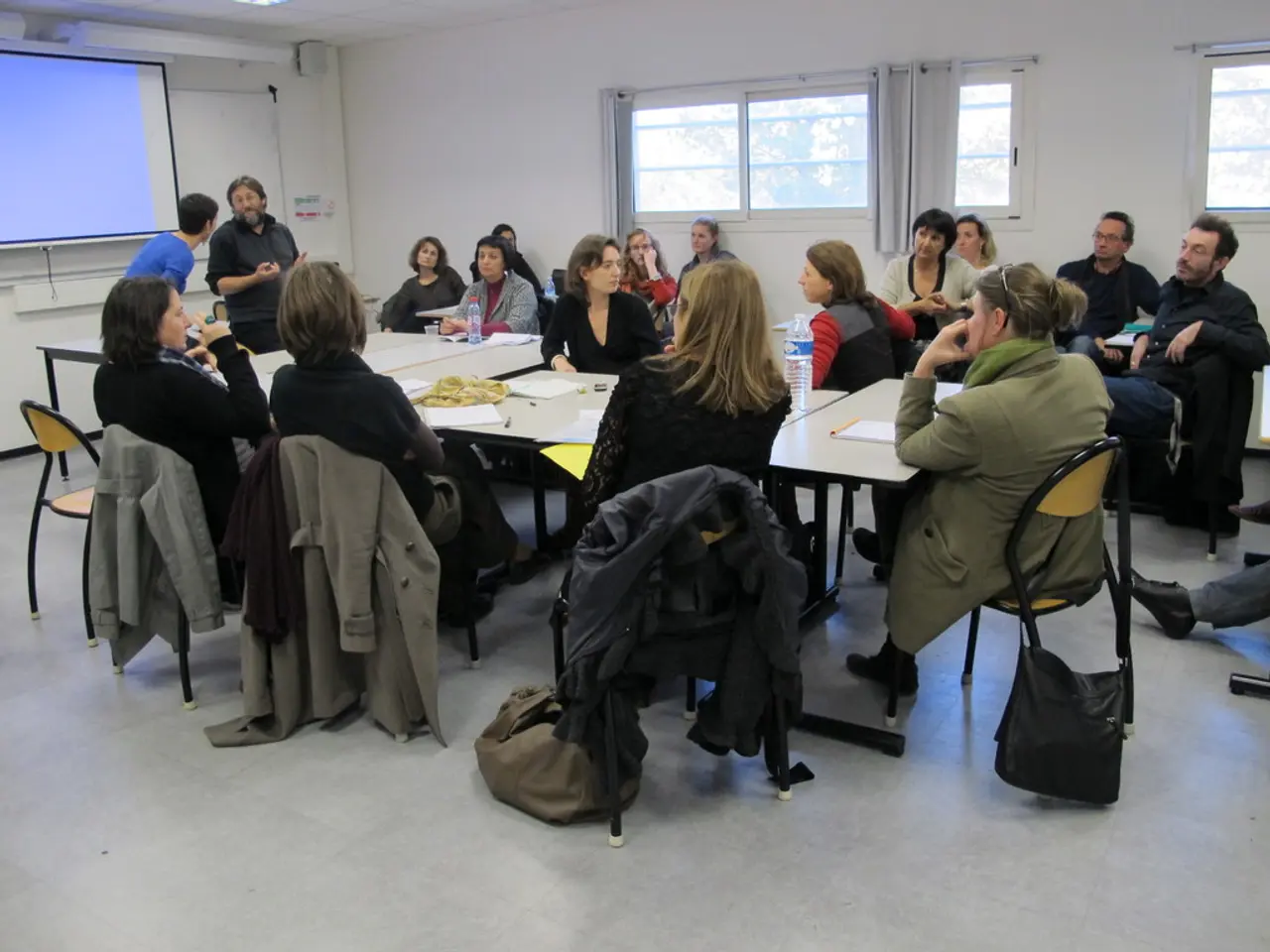Reason Behind Specific Anxiety Towards Acquainted Individuals
Struggling with social anxiety can be a challenging experience, especially when it comes to interacting with friends and family. However, understanding the reasons behind this heightened anxiety and employing practical coping strategies can help individuals reduce its impact and foster more fulfilling relationships.
One of the primary reasons social anxiety spikes around familiar people is the increased fear of judgment or rejection from those whose opinions matter most. Negative interactions, even subtle ones, with friends or family can make an individual more sensitive to possible criticism or rejection in future encounters. The stakes feel higher with people who matter to us, making every interaction a source of potential scrutiny.
Another factor contributing to social anxiety around familiar people is the fear of loss. The fear of losing the relationship or being excluded can make every interaction feel like walking on eggshells, especially after periods of isolation or past social struggles. This fear can lead to avoidance, which in turn can create distance and further feed the worry.
Several practical strategies can help cope with social anxiety in supportive ways. Gradual exposure, starting with small, comfortable interactions, can help build confidence. Recognizing that anxiety is common and not a personal failing helps normalize the experience and reduce shame. Setting clear boundaries regarding what is and is not your responsibility in relationships can lower anxiety rooted in over-involvement or worry about others.
Connecting with others—whether through support groups, therapy, or online communities—can provide validation, reduce isolation, and offer practical coping tips. Mindfulness and relaxation techniques, such as deep breathing, meditation, or progressive muscle relaxation, can help manage acute anxiety symptoms in social situations. Practices like these can help break the cycle of anxious thoughts when socializing with people you know.
Cognitive restructuring—challenging negative thoughts about how others perceive you and replacing them with more balanced, realistic perspectives—can reduce anxiety over time. Therapy, particularly cognitive-behavioral therapy (CBT), is effective for addressing the root causes of social anxiety and developing healthier coping strategies.
Telling a close friend or family member about your social anxiety can remove some pressure and help reduce the fear that they'll "misinterpret" your anxious behavior. Group therapy or support groups can be helpful for people with social anxiety as they provide a safe environment to practice social interaction with others who understand the struggle.
It's important to remember why these people are in your life in the first place—usually because they like you for who you are. Remind yourself of this when you feel anxious, and focus on the moment rather than worrying about potential outcomes.
Medication is another option for some, but it's a personal decision best discussed with a doctor. In any case, seeking professional help when needed is crucial in managing social anxiety.
It's comforting to know that many others share this exact paradox of feeling more anxious with people they know. Recognizing that others have this "anxiety flip" (calm with strangers, nervous with friends) helps validate the experience of those with social anxiety. By understanding why anxiety spikes around familiar people and employing practical coping strategies, individuals can reduce the impact of social anxiety and foster more supportive, fulfilling relationships.
- The heightened anxiety in relationships with friends and family, often due to the fear of judgment or rejection, can be traced back to the increased importance placed on their opinions.
- Negative interactions with loved ones can make an individual more sensitive to possible criticism or rejection, making every interaction a potential source of scrutiny.
- Recognizing that anxiety is common and not a personal failing can help normalize the experience and reduce feelings of shame associated with social anxiety.
- One practical strategy for coping with social anxiety is to engage in gradual exposure, starting with small, comfortable interactions to build confidence.
- Mindfulness and relaxation techniques can help manage acute anxiety symptoms in social situations, breaking the cycle of anxious thoughts when interacting with familiar people.
- Cognitive restructuring, where negative thoughts about how others perceive you are challenged and replaced with more balanced, realistic perspectives, can reduce social anxiety over time.
- Therapy, particularly cognitive-behavioral therapy (CBT), is effective in addressing the root causes of social anxiety and developing healthier coping strategies, such as challenging negative thoughts and setting clear boundaries.




